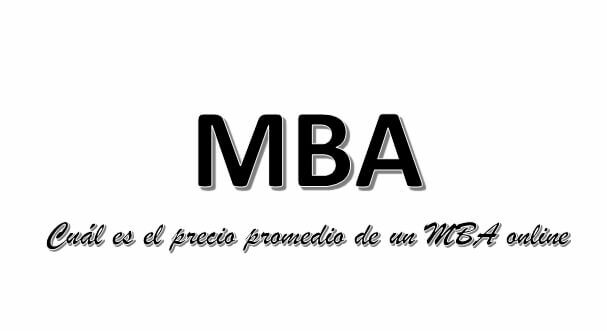Transversal skills refer to the abilities and skills that a person develops in parallel with their studies and that are related to emotional intelligence, so that a person is differentiated from others with the same knowledge, studies and degrees.
These competencies play an important role in the work environment, in short, they can be the difference to be seen as the best candidate and aspiring to a certain job.
Advertisements
They are mostly considered tools that facilitate and maximize work performance, they are very useful in all professions and work closely with the skills, knowledge and values of the person.
In this article you will find:
Types of transversal skills
Instrumentals
They are the skills and techniques used in learning and training, such as: Learning autonomy, organization and planning, analysis and synthesis, problem solving and decision making decisions.
Advertisements
Interpersonal
They are those competencies that allow the individual to develop and maintain good social relationships. For example: Commitment, Ethics, Critical Thinking, Bargaining Power, and Critical Thinking.
Systematic
They are the competencies related to the total task of personal performance. For example: Creativity, initiative, adaptation to various situations, leadership and entrepreneurial spirit.
Advertisements

Cross-cutting skills applied directly to the labor field
- Ability to make timely and correct decisions, in an agile and sensible way.
- Commitment to work, which allows you to carry out your position with the best disposition, fulfill tasks reliably and always giving the best.
- Have oral and written communication skills that facilitate dealing with others workers, minimize conflicts and provide the best way to give and receive clear and precise.
- Flexibility necessary to adapt to constant change, to different circumstances, without fear challenges, which makes you a person capable of facing various difficulties with an attitude positive.
- Knowing how to prioritize tasks in order of importance and urgency, in addition to delegate or when necessary to do so to save time and effort.
- Know how to lead and motivate others, even when they are not your subordinates.
- Immediate ability to seek logical and creative solutions to eventualities, without focusing on the problem.
- Being able to work in a team in an open and constructive way. Adopt an objective role that allows putting knowledge and skills at the service of a group effort in which synergies are generated.
- Responsibility to acknowledge mistakes, instead of making excuses for others, standing up for work that is done whether it is perfect or has flaws, which shows total commitment to what is makes.
- Ability to work under pressure, meet scheduled dates, face changes, deal with crises and last minute eventualities.
- Ability to adapt that allows you to function in different work environments, sectors, companies, even countries.
To conclude, it is worth noting that years ago, technical skills were highly valued in any environment. work, skills, knowledge and experience were the central and most important points when assessing a resume.
Advertisements
However, today digitization and the need for multidisciplinary staff has led companies to seek workers with new skills. For this reason, many large and small companies have been interested in transversal skills (soft skills), which are characterized by being skills developed by people regardless of the branch in which they work, and which can also be very beneficial since they are multifaceted and can be applied in any field, country, industry, company, job, even in personal life and with total efficiency.


